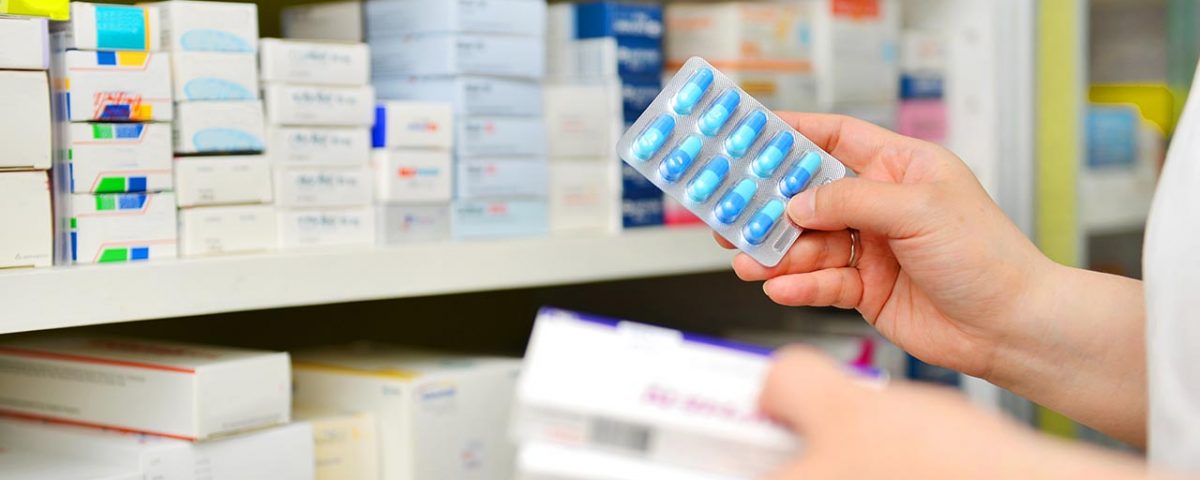Over-the-counter drugs are medicines that are available without a prescription, but that doesn’t mean they aren’t used in off-label or illegal ways. At Banyan Treatment Centers Heartland, we offer Illinois addiction treatment to those who are ready to get and stay sober. We treat a variety of addictions and can assist in addressing complications brought on by over-the-counter drug abuse. If you or someone you love is using OTC drugs in an off-label manner, we’re here to help with therapy and treatment.
Why Are Over-the-Counter Drugs Often Abused?
The assumption that these drugs are fundamentally safe since they are available without a prescription is a crucial factor in OTC drug misuse. OTC medications don't have the same amount of regulation as prescription drugs, which frequently come with warnings and instructions from medical professionals. As a result, people may undervalue the possible hazards and side effects of these medications as well as the significance of following advised dosages. OTC medications are widely available in pharmacies, grocery shops, and even online, which makes it easier for people to obtain huge quantities of them without the requirement for medical supervision.
The desire for self-medication and the need for relief from various bodily or psychological discomforts are other factors that contribute to OTC drug misuse. Numerous over-the-counter (OTC) medicines, such as cough suppressants, pain relievers, and sleep aids, offer easily accessible treatments for common maladies. These medications may be used by people as a temporary solution for stress, anxiety, pain, or sleep problems.
Because OTC medications are readily available, some people may become dependent on them in order to get through their everyday struggles. Additionally, several OTC drugs contain active components that, when consumed in higher than advised doses or in combination with other drugs, can lead to euphoria or changed mental states. Some people, especially adolescents and young adults, are drawn to use these drugs as a sort of entertainment because of the allure of getting high temporarily or escaping from reality. They frequently underestimate the hazards and repercussions associated.
What Are the Most Commonly Abused Over-the-Counter Drugs?
Many people with substance abuse or addiction problems are abusing over-the-counter drugs. It is important to understand the most common OTC drugs that can be abused and the signs that can indicate said misuse.
Some of the most commonly abused OTC drugs include:
- Cough medicine, often referred to as “sizzurp”
- Pseudoephedrine, which is in many decongestants
- Loperamide, an anti-diarrheal medicine
Each drug is abused for different effects. For example, those who abuse cough medicine are using its main ingredient, dextromethorphan (DXM), for a high. Loperamide, when taken in exceptionally high doses, behaves like opioids in the brain and body, and ingredients in pseudoephedrine can be used to create methamphetamine.1
Someone abuses OTC medicines when they take a higher dose than they should, or they take the drug more frequently than they should, mix the drugs together, or use the medicine to create illegal drugs. Most OTC medications are intended for short-term use like cough medicine, so taking the drugs for the long-term can be dangerous.
Teens & Over-the-Counter Drug Abuse
Teens and young adults are especially susceptible to the dangers of OTC drug abuse due to a combination of factors such as curiosity, peer pressure, and a limited understanding of the potential consequences. The allure of experimenting with substances that are easily accessible without the stigma associated with illicit drugs can lead to risky behaviors.
Over-the-counter drugs commonly abused by teens and young adults include cough syrup or similar medicines containing DXM to get high, an act that’s often referred to as “robo-tripping” by teens and young adults. The appeal of experiencing something novel and mind-altering, coupled with the misconception that OTC drugs are inherently safer, has led to an increase in DXM abuse among teens and young adults.
Those who are addicted to these and other OTC medications need detox and treatment to get sober and healthy. Detoxification helps the body get rid of toxic chemicals while minimizing potential withdrawal symptoms. However, to treat the root reasons of addiction and avoid recurrence, detox alone is typically not enough. The recovery process requires intensive treatment plans that include therapy, counseling, and support groups. Adolescents and young adults who abuse OTC drugs need specialized care that considers their particular psychological and emotional requirements and gives them the skills necessary to make educated decisions and lead healthy, drug-free lives.
The Dangers of Over-the-Counter Drug Abuse
As with other types of substance misuse, OTC drug abuse can be dangerous to the mind and body. In high doses, these drugs can lead to liver damage, intestinal damage, increased blood pressure, brain damage, stroke, and deadly overdoses. 1
At Banyan’s Heartland Treatment Center, we offer care and support for patients who are addicted to prescription and OTC drugs. Our OTC and prescription pill detox programs can help patients find their sobriety.
Call 888-280-4763 to learn more about our Illinois addiction recovery centers and how they can help you or a loved one overcome the challenges of substance abuse.
Sources:
Related Reading
Empowering Communities with Narcan: FDA Approval for OTC Use








